
It is inevitable that your dog will grow older. As he does, it's a great idea to take some preventative steps in order to keep him vital, happy and active. Having your veterinarian examine your precious pooch annually or bi-annually is one of the most important steps to warding off degenerative illness in older pets. Below are some other good measures to take.
Not unlike humans, preserving your canine's weight throughout his senior years is essential to a high quality of life. An overweight dog has way more health problems than one that stays lean. Such challenges include joint problems, arthritis, diabetes and possibly liver or kidney malfunctions. You may also want to change up (slowly) the food your senior canine eats. Getting away from grains and increasing quality protein will prevent muscle atrophy. You also need to cut down the quantity of treats given to your furry friend throughout the day. I know it's difficult to resist their soulful eyes - however it's in their best interest to do so. Treats should be kept for special occasions. Feed your pet once a day or smaller quantities two times a day. However - take away the meals if there is any left. And teach your children (if you have them) to follow the feeding schedule, as well.
No matter the age of your dog, be certain there is all the time fresh, cool water available to them. This is of utmost importance during the hot summer months. Many geriatric canines have problems getting up to access their water bowl - so either take the water to them, or provide bowls of water in several different places so they don't have to go far to get hydrated.
Exercise is a critical factor in keeping your senior canine pal's quality of life high. Long walks may be out of the question, but several short walks will do wonders to keep your dog happy and healthy. Not only does exercise maintain your dog's muscular-skeletal system - it also helps their heart and blood circulation and provides entertainment and stimulation. Just because he is older, it doesn't mean that he is still not curious.
Taking care of your older dog can, no doubt be challenging at times. However, taking some of the measures listed above will ensure that he grows into his senior years with the highest quality of life possible. After all, he's been there for you when you needed him - and he deserves to grow old with dignity.
For more information about caring for your older dog, check out Pet Bounce
I'm sure you'll like it!
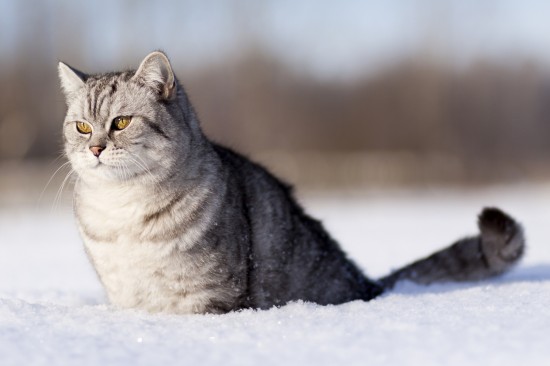 How To Protect Against Ice And Frost Without Risking Your Pet’s Health
How To Protect Against Ice And Frost Without Risking Your Pet’s Health
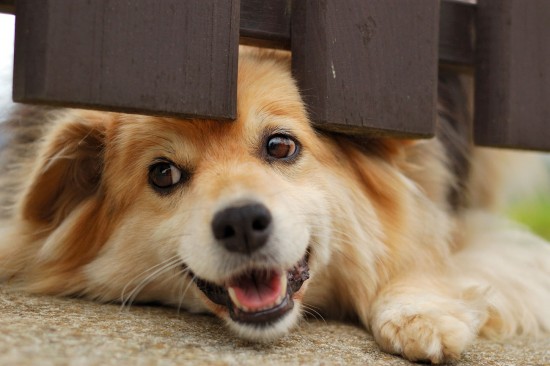 Ten Steps To Resolving Serious Separation Anxiety In Dogs
Ten Steps To Resolving Serious Separation Anxiety In Dogs
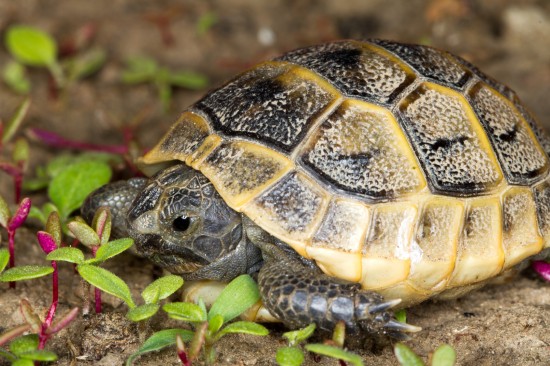 Common Health Issues In Tortoises
Common Health Issues In Tortoises
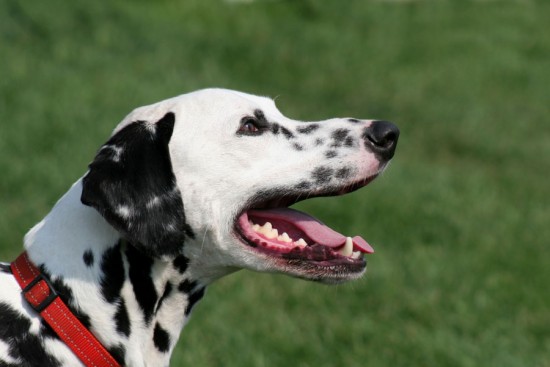 Deaf Dog, Hearing World - Living With Your Deaf Dog
Deaf Dog, Hearing World - Living With Your Deaf Dog
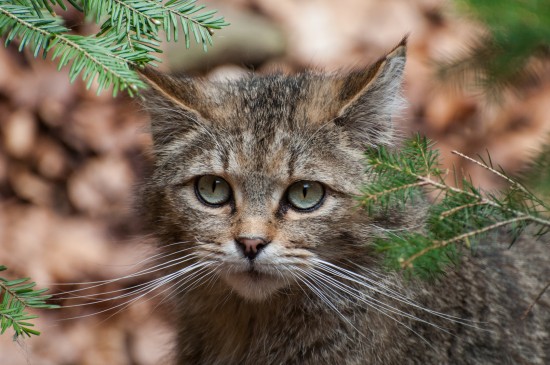 Wild, Feral, Tame And Domestic - The Difference Between The Four Terms
Wild, Feral, Tame And Domestic - The Difference Between The Four Terms
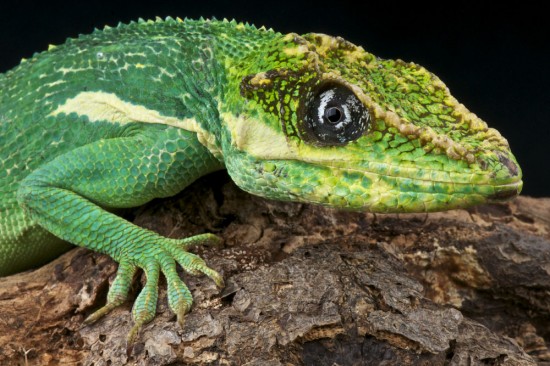 Metabolic Bone Disease ( Or Mbd ) In Reptiles
Metabolic Bone Disease ( Or Mbd ) In Reptiles
Copyright © 2005-2016 Pet Information All Rights Reserved
Contact us: www162date@outlook.com